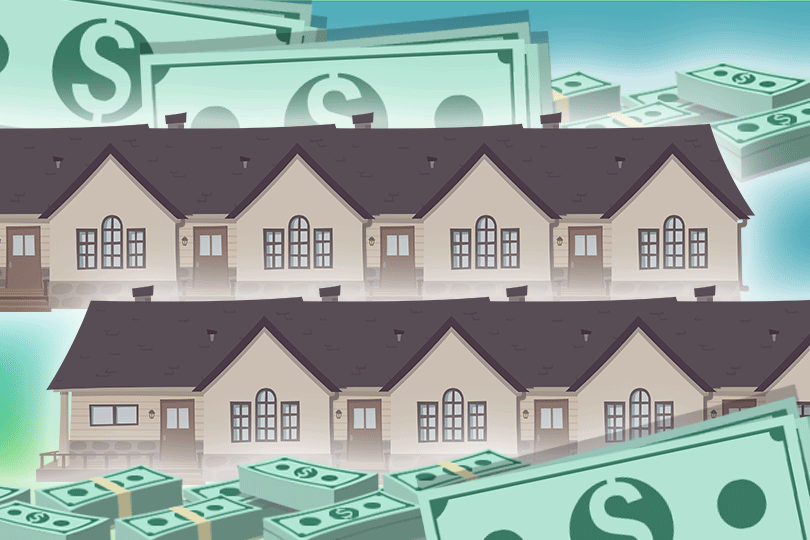FHA Refinance Versus Conventional Loan Refinance
November 20, 2024
While both provide avenues for refinancing, each loan type may be best for specific needs and financial circumstances. What are the differences between FHA and conventional refinance options?
FHA Refinancing: According to the Consumer Financial Protection Bureau, FHA loans are more accommodating regarding credit history. Although the minimum credit score requirement may vary among lenders, FHA loans may have lower FICO score numbers than certain competing conventional loans.
Conventional Refinancing: Conventional loans typically require credit scores in the mid-600s. Conventional refinancing might offer more for your needs if you possess a strong credit history and a stable financial profile.
Mortgage Insurance
FHA Refinancing: FHA loans typically require mortgage insurance regardless of the down payment amount. This includes an upfront MIP paid at closing and an annual MIP that may be incorporated into your monthly mortgage payment.
Conventional Refinancing: With conventional loans, mortgage insurance is usually required if you made a down payment of less than 20% when purchasing. If you refinance a traditional loan, you may not be required to pay for private mortgage insurance. Be sure to ask your lender about this option.
Appraisal Requirements
FHA Refinancing: FHA loans have specific appraisal requirements prioritizing the property's safety, security, and soundness. The appraiser must be FHA-approved and will conduct a comprehensive inspection to ensure the property meets HUD's minimum property standards.
Conventional Refinancing: While conventional loans also require an appraisal, the requirements are thought to be less demanding than those for FHA loans.
Streamline Refinancing
FHA Streamline Refinance: The FHA offers a streamlined option for existing FHA borrowers. This program often involves less documentation and faster processing times, making it worth considering for those seeking to lower their interest rate or adjust their loan term quickly.
Conventional Refinancing: Although conventional loans do not have a specific "streamline" program, lenders may offer expedited refinancing options for qualified borrowers.
Refinancing is a significant financial decision. Take the time to research your options thoroughly, compare offers, and seek professional advice if needed.

FHA Loan Articles
May 29, 2025An FHA cash-out refinance allows homeowners to borrow against their home equity. It replaces their current mortgage with a new, larger one; the borrower then receives the difference between the two loan amounts in cash. But these refinances have unique requirements borrowers need to consider on their way to filling out the application. Learn more about FHA cash out refi loans with our list of frequently asked questions.
May 21, 2025Buying a home is a major financial milestone. Paying off a mortgage in full is another one. Some borrowers are content to make the exact payment required and ride their mortgage out for the full term or until they refinance it. Others want to pay more and pay off their mortgage as early as possible. Several strategies can speed up the process for those who find the benefits of early payoff more attractive.
May 20, 2025If you are buying a home with an FHA mortgage, you’ll want to learn how the Federal Housing Administration (FHA) addresses termite and other wood-destroying pest issues that might be associated with the new property. How much do you know about termites and other wood-destroying pests? You could save time and money by knowing key details ahead of time.
May 19, 2025When you get ready to commit to buying your dream home, the FHA appraisal is necessary to make certain the house you want is suitable for the loan and to know its actual fair market value. Is it in good repair? Does it have termites or other pests? Is it near a high-noise environment like an airport or bus terminal? There are many issues to consider, and the FHA appraisal process is designed to address them, as we'll explore.
May 14, 2025When you buy a home with an FHA mortgage, you must pay for both mortgage insurance and insurance to protect your property while paying on the loan. There are important nuances to these insurance policies to know before you start. What's the difference between insurance against water damage and flood insurance? That's just one example of the "hidden" expenses of buying your new home to budget for.







